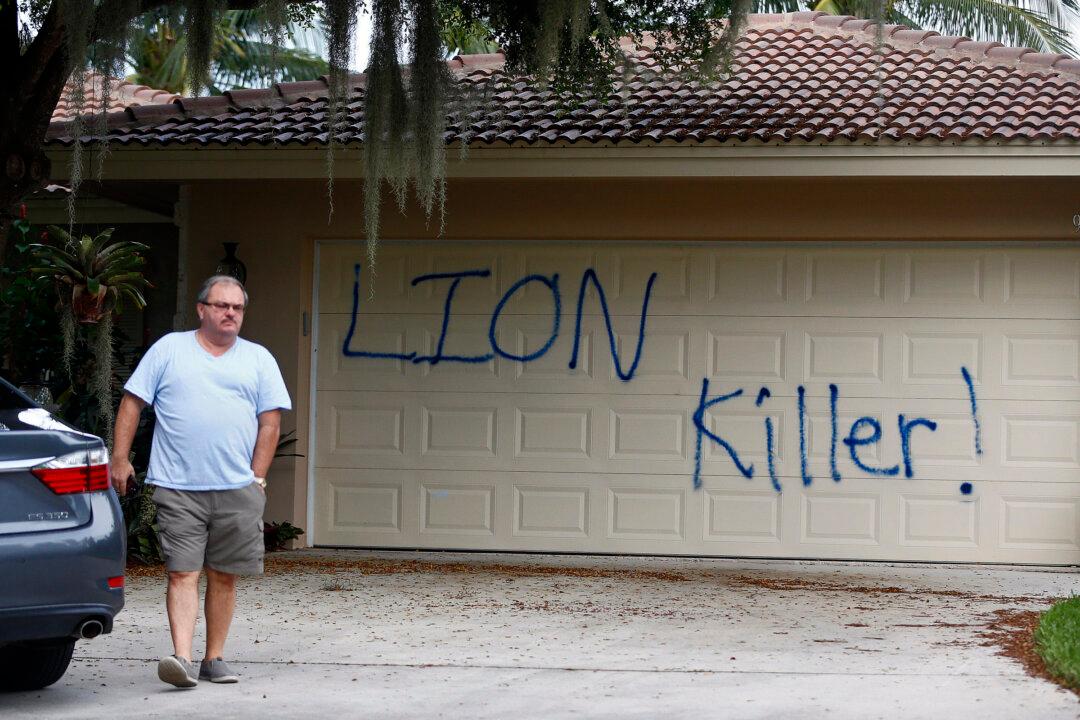Goodwell Nzou wants people to know why he cheered when he heard Cecil the Lion was killed.
Nzou, a native of Zimbabwe--the country in which Cecil was shot by an American dentist--and a doctoral student in molecular and cellular biosciences at Wake Forest University, wanted to bring a new perspective into the international debate.
Americans especially have become outraged over the killing of Cecil, calling the Dr. Walter Palmer a murderer and forcing him to close his practice. There’s even plans to extradite him to Zimbabwe for a trial.
But Nzou says that when he first heard the news about the killing, “the village boy inside me instinctively cheered: One lion fewer to menace families like mine.”
“Did all those Americans signing petitions understand that lions actually kill people? That all the talk about Cecil being ”beloved“ or a ”local favorite“ was media hype? Did Jimmy Kimmel choke up because Cecil was murdered or because he confused him with Simba from ”The Lion King?” he wondered.
“In my village in Zimbabwe, surrounded by wildlife conservation areas, no lion has ever been beloved, or granted an affectionate nickname. They are objects of terror.”
Nzou says a prowling lion injured his uncle in an attack, and “sucked the life out of the village” by forcing people to stay indoors instead of visiting neighbors or hanging out by a bonfire.






